1947 – There Was Hope Amidst the Madness
Sahib Ram Chitkara witnessed the dance of death during the Partition. But he was also part of a story that brought out the best in humanity amidst the gloom and doom. Years later, his daughter Tanya Anita Chitkara recounts it for our readers – as told by her father.
I must have been between 4 to 7 years old when I witnessed and circumstantially participated in this Partition. it was the worst of times. It was the age of foolishness, it was the season of darkness, it was the spring of hope. We had nothing before us. It is a brutal tale of a country that got its freedom after 200 years of slavery but in the process uncovered a very dark side of humanity .
But, here’s a tale that unearthed the bright side of humanity from amidst the gloom and doom.
Seventy-one years ago, amidst mass crimes that created a battleground for never-ending communal violence, we boarded a train to flee from our ‘homeland’, to find refuge, to live life. Almost everyone from our family made it to the train but two cousins. We could never trace them.
Some neighbours, Muslims, escorted us to the train. They did more than just this. I wouldn’t be narrating this incident to my daughter if our neighbours hadn’t saved us. They offered their heads to save ours when a group of people, with naked swords in their hands, came running towards us. The group chided our neighbors for siding with Hindus. My father’s friends, our neighbours, called us part of their family. We had eaten together so many times. They would come to my father’s shop, spend hours chatting with him, and eat with him too. We were a soul family. Our soul family said with firm resolve that their heads must the gang slit first. The gang couldn’t do this, so a deal was struck and we were saved from the clutches of brutal death. We reached what’s now called India.
On this side of the border, Gwalior was our new home. In human history, this was the largest ever forced displacement that left hearts and souls wounded forever on both sides of the boundary. We took refuge in some houses deserted by Muslims who, if they managed to hold on to their dear lives, must have made it to Pakistan. My cousins and I were playing in the horse barn of the house we took refuge in when I slid a plank from what must have been a place for horsefeed once. What I saw didn’t stir me…. after escaping a massacre, a lifeless body of a man with a razor lying on his chest didn’t stir a child all of four. As the saying goes, what doesn’t kill you makes you stronger. But, we couldn’t live in this house after what we saw. We moved to a refugee camp.
In Pakistan, we had a huge storeroom where we would keep grains and groceries and now we were dependent on the government’s ration delivery. We didn’t bring with us gold and currency that we had buried in our home in the hope that we would be back soon . Here, in this part of the country, we didn’t have a place of our own. We didn’t know if we would eat our next meal. Our days were filled with uncertainty and hopelessness.
After all the uncertainty, we settled in Faridabad, in houses allotted to us. From being a businessperson of reasonable standing, my father was now doing menial jobs to feed his family. If he wanted to, our destiny could change. But, he was a man of high principles. He refused help several times. I witnessed him doing so myself. One fine day we received a letter from our Muslim neighbours (soul family) who wanted our permission to sell our house and gold on our behalf. They wanted to hand over the value to my father so we could live a decent life. They were still concerned about us! My father, a man overwhelmed with gratitude towards them, refused to accept anything and instead requested them to keep the wealth with them as a small gesture of gratitude. His friends wrote back questioning if my father wanted to pay them for saving his and his family’s lives? He wrote back saying he could never repay them, not in this life, not in his next life.
Tanya, with her father Sahib Ram Chitkara
The exchange of letters between the families on different sides of the border continued for many years. Religion or the newly marked border could not separate their souls. No boundary on this universe can penetrate the hearts and souls of people. The exchange of letters continued between the neighbours of two hostile neighbouring countries.
Goodness survives darkness, this is the power of goodness.
Featured image courtesy: Pinterest
Comments

Arun Bhatia
11 Dec, 2013
Poignant. Well written. Many thanks for sharing. I am sharing further.

Kala Sunder
10 Dec, 2013
Thank you, Silver Talkies and Tanya for this story. The current "madness"" of lynchings, assassinations, rape and other brutalities may not be on the same scale but signal a similar rise of "a very dark side of humanity". We need to look at the whole country as a "soul family" - before it is too late.

Pushplata Arora
09 Dec, 2013
Heart touching. Congratulations on your writing, received first time,

Suman Sachdeva
08 Dec, 2013
Really soul bonding with out boundaries.
You may like to read:
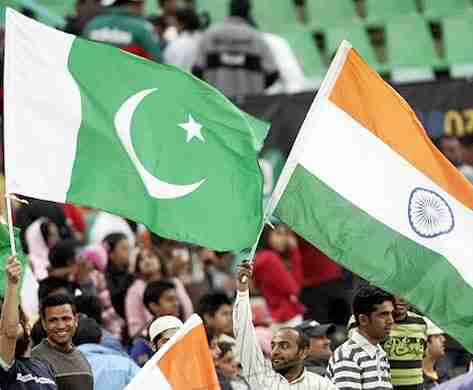
People and stories
Defying borders with Indian classical music: From Indian subcontinent to Ireland
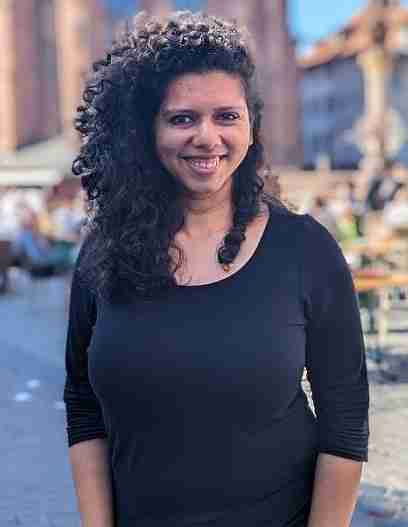
priyanka borpujari
11 mins read
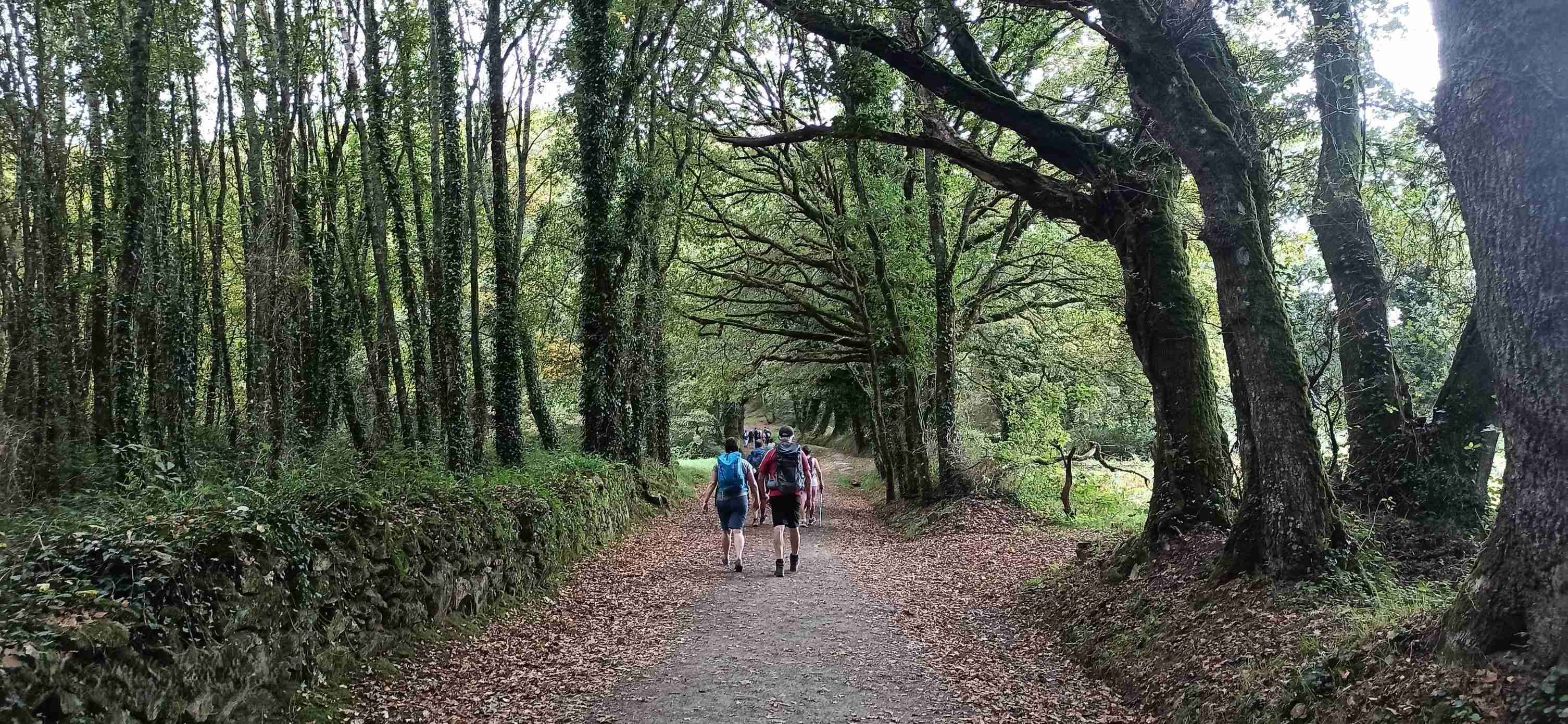
People and stories
Age is Just a Number While Walking 120 kms on Camino De Santiago
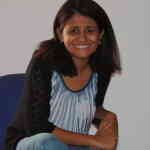
Reshmi Chakraborty
10 mins read

People and stories
Breakfast Serial: Serendipitous breakfasts that would appeal to a king
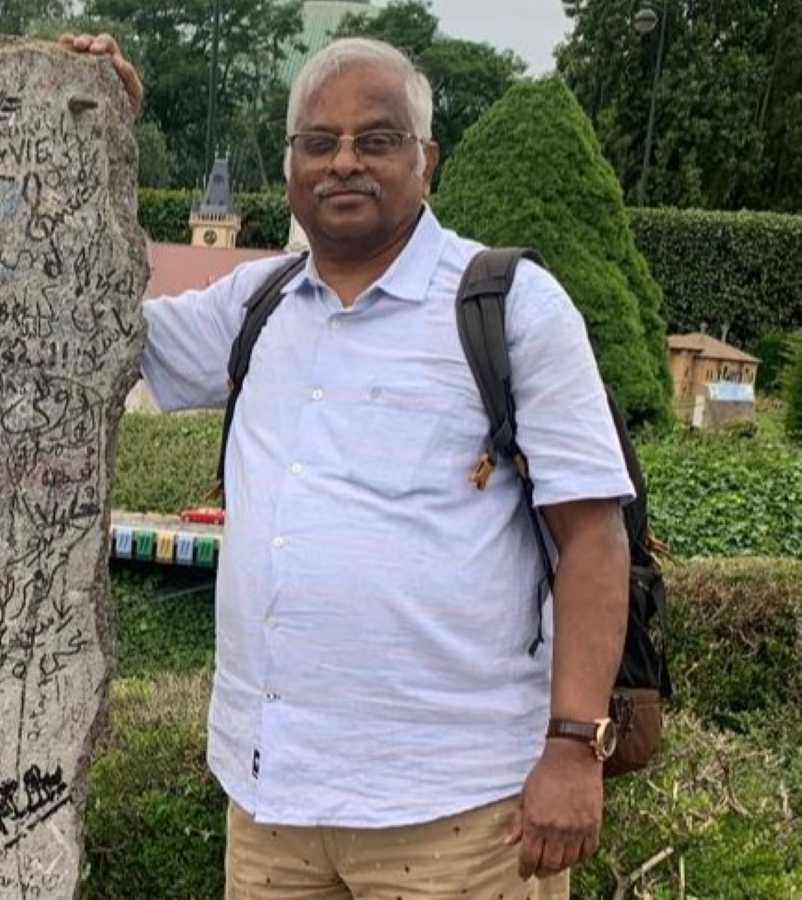
ramesh mohanrangam
5 mins read

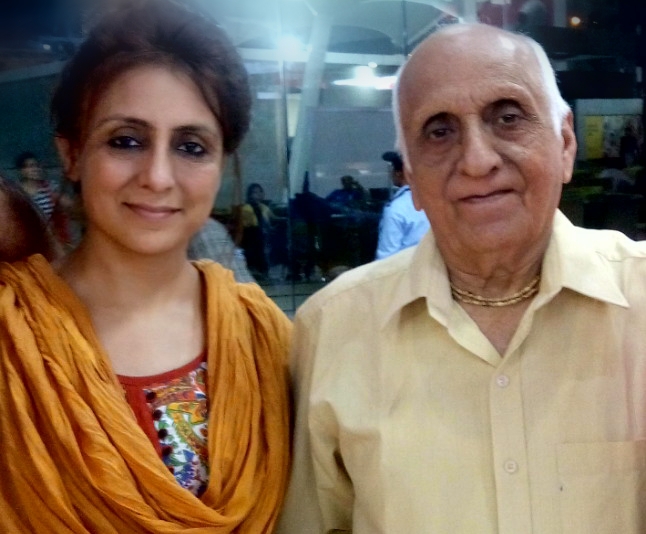
Post a comment